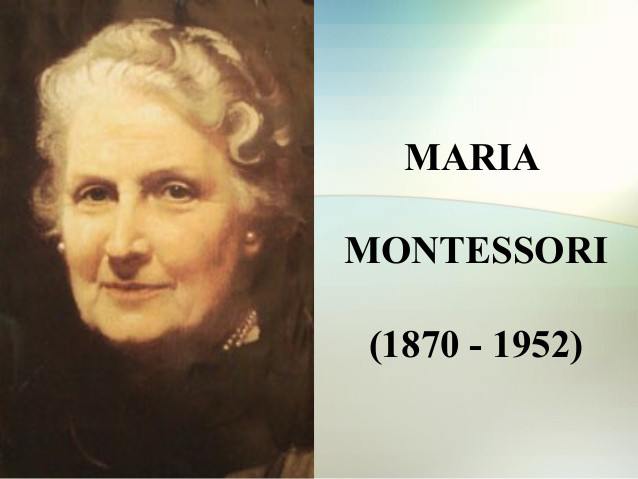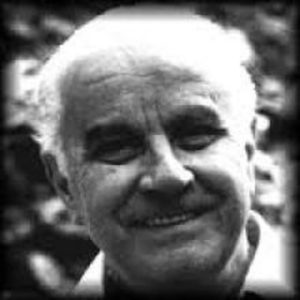 What is Montessori way of Teaching?
What is Montessori way of Teaching?
Montessori is a method of education that is based on self-directed activity, hands-on learning and collaborative play. In Montessori classrooms children make creative choices in their learning, while the classroom and the highly trained teacher offer age-appropriate activities to guide the process.
Who may do this course?
STUDENTS WISHING TO START THEIR OWN MONTESSORI SCHOOL
The course includes a lesson on setting up a Montessori classroom or a Montessori School. Our team will give advice to any students who have successfully completed the course and who wish to start their own pre-school. We can advise on the location of premises/teachers/ equipment, enrolling new pupils, etc.
 STUDENTS WISHING TO START CAREER AS MONTESSORI TEACHER
STUDENTS WISHING TO START CAREER AS MONTESSORI TEACHER
This is an ideal course for students who are interested in Montessori Teaching. The course material is designed to understand and implement the technology of Montessori. As there is a large demand for trained Montessori in India and abroad students can make a very good career.
TEACHERS
This course is recommended to all experienced teachers of young children who wish to gain insight into the best way to individualize their teaching curriculum, so that children of mixed abilities may work at their own pace. Teachers should consider this course as an up-gradation, and could implement the Montessori methodology in the conventional schools.
PARENTS
This course helps parents understand the natural laws of growth and self construction in a child. Thus as a parent, you can help the child to grow to his utmost potential , and not unwittingly hamper the path of nature and create unintended deviations in your child.
FOR THOSE WHO WANT TO WORK WITH CHILDREN
This course is highly recommended for young people interested in helping small children. It is also of great value for future parenthood. Our students work for a teaching diploma examination and at the same time, they are helped to attain a higher standard of education themselves with the help of written and practical work. On completion of the course, one could find suitable jobs in Montessori environments.
PEOPLE WISHING TO HELP HANDICAPPED CHILDREN
The course covers in detail the needs of the handicapped child. The entire course will benefit immensely anyone wishing to teach handicapped children and will enable such children to be integrated into the classrooms in preparation for life in the community.
Introduction to Montessori Education
We are dealing with Maria Montessori and Reggio Emilia Approach
 Maria Montessori Approach:
Maria Montessori Approach:
Montessori (pronounced MON-tuh-SORE-ee) is a comprehensive educational approach from birth to adulthood based on the observation of children’s needs in a variety of cultures all around the world.
Beginning her work almost a century ago, Dr. Maria Montessori developed this educational approach based on her understanding of children’s natural learning tendencies as they unfold in “prepared environments” for multi-age groups (0-3, 3-6, 6-9, 9-12, and 12-14).
The Montessori environment contains specially designed, manipulative “materials for development” that invite children to engage in learning activities of their own individual choice. Under the guidance of a trained teacher, children in a Montessori classroom learn by making discoveries with the materials, cultivating concentration, motivation, self-discipline, and a love of learning.
Today, Montessori schools are found worldwide, serving children from birth through adolescence. In the United States, there are more than 4,000 private Montessori schools and more than 200 public schools with Montessori-styled programs. The Association Montessori Internationale (AMI), founded by Maria Montessori in 1929, maintains Montessori educational principles and disseminates Montessori education throughout the world.
 REGGIO EMILIA APPROACH:
REGGIO EMILIA APPROACH:
The Reggio Emilia Approach is a philosophy of learning that originated in the small town of Reggio Emilia, Italy after World War II. The founding father of this unique approach is a man named Loris Malaguzzi. He believed that young children are capable of much more than previously thought- being both active and competent in learning and understanding. With this mentality, Malaguzzi created a philosophy of learning based on the interest of children that incorporated large projects, documentation, and active exploration. By providing the children with an environment full of artistic, musical, natural, sensory appealing materials, a child’s absorption of knowledge begins. Malaguzzi believed that children learned best by discovering this world through all of their senses by asking questions and further exploring these questions with teacher documentation and facilitation. These are the bases to all things done through Reggio Emilia. This philosophy is most relevant in the social development area of our curriculum. One of the main components to the Reggio philosophy is socialization between the children and teachers. This component is best expressed through group activities that help to engage the children together.

